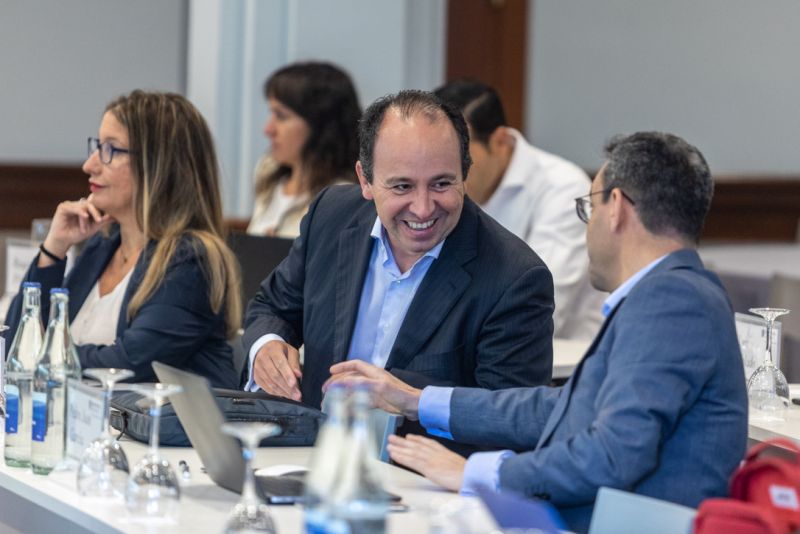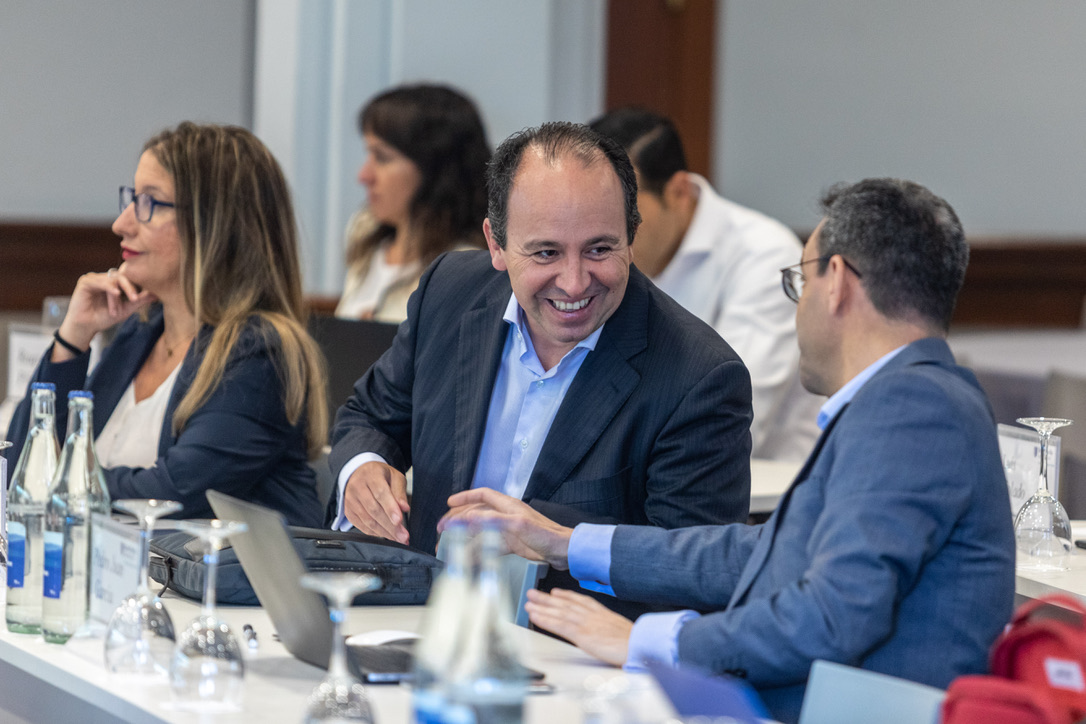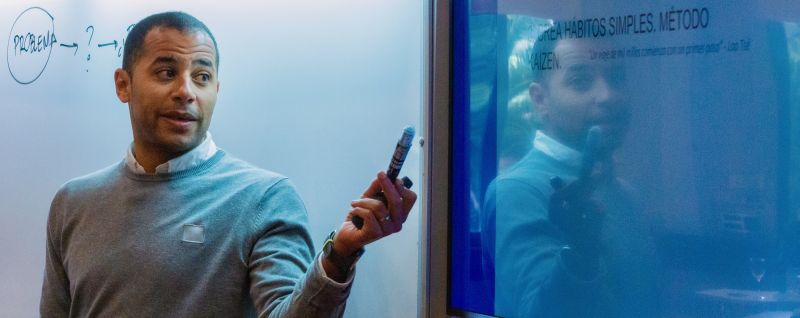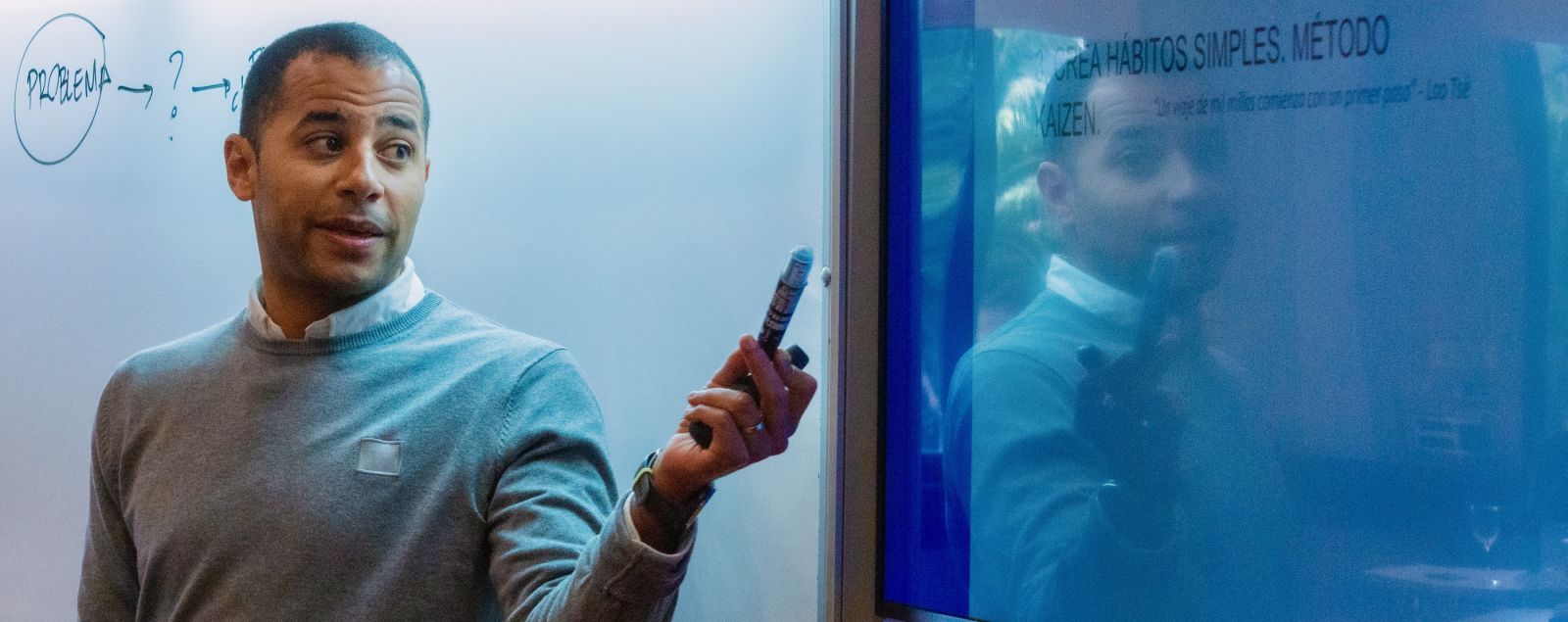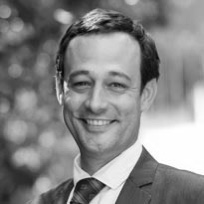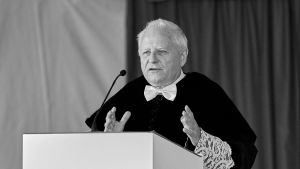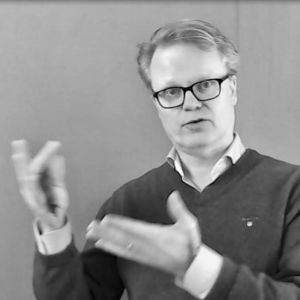Taught by Prof. Ángel Proaño. Strategic Management deals with governance not as someone who simply tries to understand it, but as someone who has responsibility for the management of the company. It covers the knowledge and describes the tasks of the people at the top, i.e. those who have the most power in the company.
The fields to which governance is applied are three: the business, the structures and systems of professional coexistence (commonly known as management systems) and the configuration of the ownership of the company (how the initiative is developed, what are the flows of money and the powers that allow the organisation to survive).
The business aspects and that part of the institutional configuration where entrepreneurial initiatives start can be considered as the "locomotive" of the company; a necessary but not sufficient condition for commercial activity.
In order to carry out this activity, it is also essential to know and establish the organisational aspects that make it possible to carry out the business in the form of management structures and procedures or systems to direct them. In addition to this, there is the work and vicissitudes of the people who are professionally involved in the governance of organisations, in other words, everything that concerns the ownership of the company.
Politics refers to work with groups of people who have more or less freely chosen certain common goals. If the work is carried out in the field of public affairs, this is politics in the more proper sense, if it is located in the environment of a commercial enterprise or social institutions, it is referred to as company politics. In all senses of the word, it can be said that these are not technical works, although they are supported by a wide range of techniques and instruments.
It is governed with political criteria - people's aims and purposes - so that it is not the set of auxiliary or instrumental techniques that generate order and harmony, but political criteria and practice.The important thing is to arrive at fairer and more effective realities in each situation by maintaining certain criteria - policies - that give meaning to action over time, acting "politically" with tact, respect and prudence.Issues such as understanding entrepreneurial initiative, diagnosing situations one by one without losing the overall vision, having the criteria to know when an opportunity is really opportune, specifying viable, convenient and realistic processes in accordance with the institutional configuration of the company, are the contents of Company Policy. The basic concepts of General Management that we are going to use will be applied repeatedly to a selection of governance situations of varying complexity. The participant will have to bring into play all his or her knowledge and functional experience by integrating "politically" in terms of diagnosis, choice of the future of the business and implementation.






